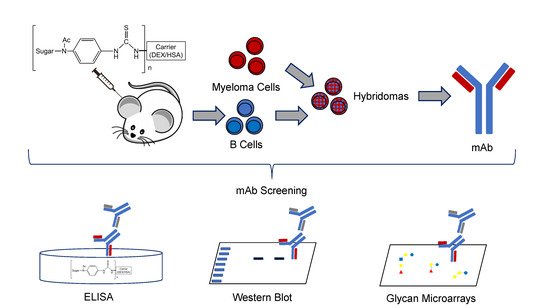First bovine vaccine to prevent human schistosomiasis – a cluster randomised Phase 3 clinical trial
Objective
Schistosomiasis is a neglected tropical parasitic disease caused by blood flukes of the genus Schistosoma. Schistosoma japonicum is zoonotic in China, the Philippines, and Indonesia, with bovines acting as major reservoirs of human infection. The primary objective of the trial was to examine the impact of a combination of human mass chemotherapy, snail control through mollusciciding, and SjCTPI bovine vaccination on the rate of human infection.
Methods
A 5-year phase IIIa cluster randomized control trial was conducted among 18 schistosomiasis-endemic villages comprising 18,221 residents in Northern Samar, The Philippines.
Results
Overall, bovine vaccination resulted in a statistically significant decrease in human infection (relative risk [RR] = 0.75; 95% confidence interval [CI] = 0.69 to 0.82) across all trial follow-ups. The best outcome of the trial was when bovine vaccination was combined with snail mollusciciding. This combination resulted in a 31% reduction (RR = 0.69; 95% CI = 0.61 to 0.78) in human infection.
Conclusion
This is the first trial to demonstrate the effectiveness of a bovine vaccine for schistosomiasis in reducing human schistosome infection. The trial is registered with Australian New Zealand Clinical Trials Registry (ACTRN12619001048178).
Allen G. Ross, Donald A. Harn, Delia Chy, Marianette Inobaya, Jerric R. Guevarra, Lisa Shollenberger, Yuesheng Li, Donald P. McManus, Darren J. Gray and Gail M. Williams. 2023. International Journal of Infectious Diseases. S1201-9712(23)00038-3. doi: 10.1016/j.ijid.2023.01.037. Online ahead of print.




